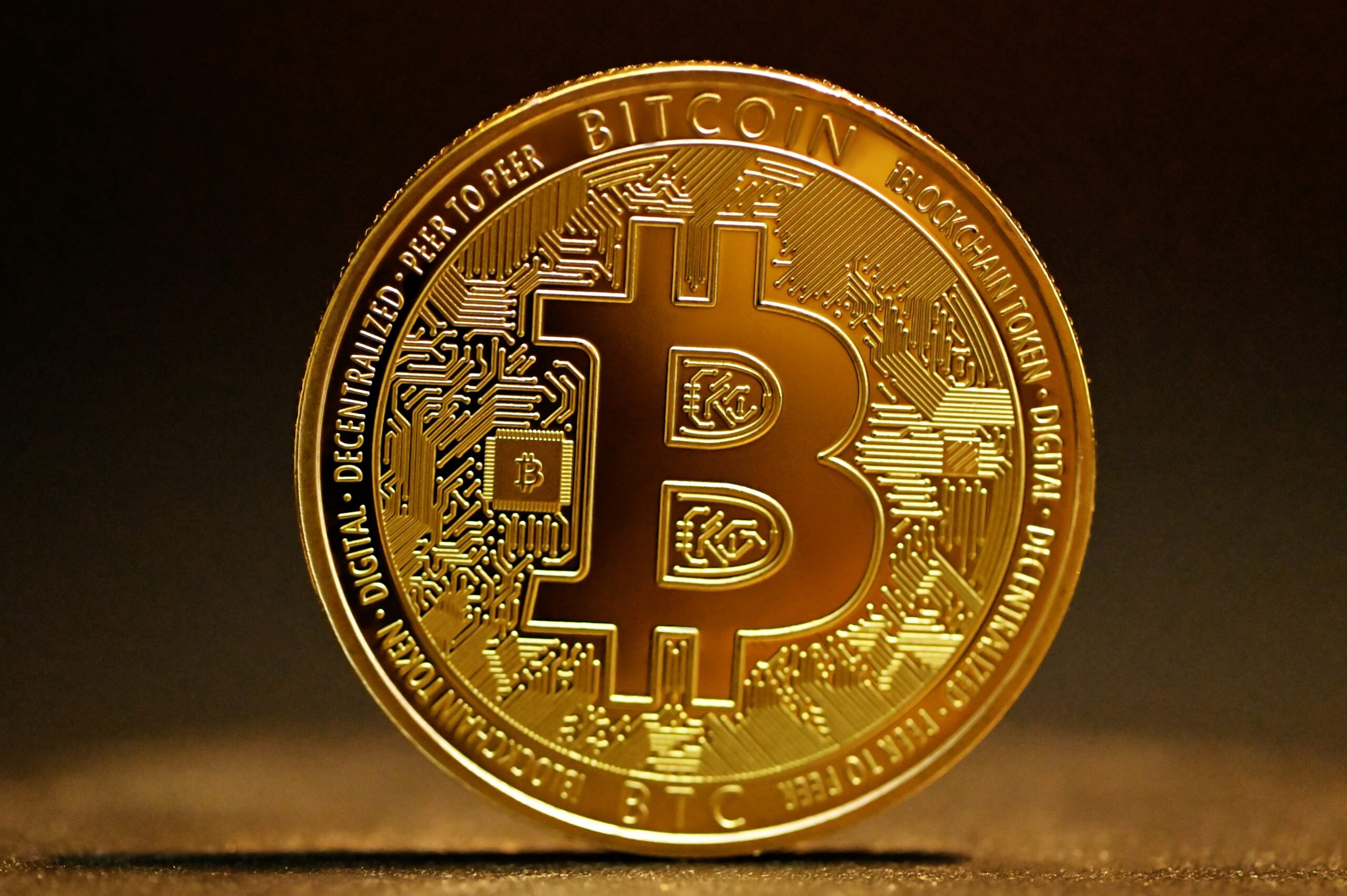South Korea's presidential administration is actively encouraging its top financial regulator to consider approving a Bitcoin exchange-traded fund (ETF) on the local market. This interest marks a possible turning point in cryptocurrency regulation in Asia and opens up the debate on the future of crypto investments in this region.
The current context and the challenge for Bitcoin ETFs
South Korea's Financial Services Commission recently issued warnings to local firms about trading in foreign-listed Bitcoin ETFs, highlighting a possible violation of capital markets laws. In response, several major local securities firms have suspended trading in existing foreign Bitcoin ETFs.
Intervention by the presidential administration
The Office of the President has expressed its desire to explore ways to integrate foreign affairs into local regulations. This stance suggests a potential opening to the approval of local crypto ETFs. Sung Tae-yoon, Chief of Staff for Presidential Policy, emphasised the government's willingness to review existing regulations and adopt a more inclusive approach towards cryptocurrencies.
The situation in Asia
Other Asian countries such as Singapore and Thailand have expressed reluctance to introduce local Bitcoin ETFs, mainly due to regulatory concerns. In contrast, Hong Kong is being considered as a potential next hub for local crypto ETFs, as its financial regulators have already issued guidelines for such products.
Implications for the market
The potential adoption of Bitcoin ETFs in South Korea could have significant implications for local and international investors. It offers a new avenue of exposure to cryptocurrencies within a regulated framework and could reshape the crypto investment landscape in the region.
The South Korean initiative to reconsider local Bitcoin ETFs represents a significant step towards integrating cryptocurrencies into the traditional financial system. It raises crucial questions about the balance between innovation and regulation in the field of digital assets.








